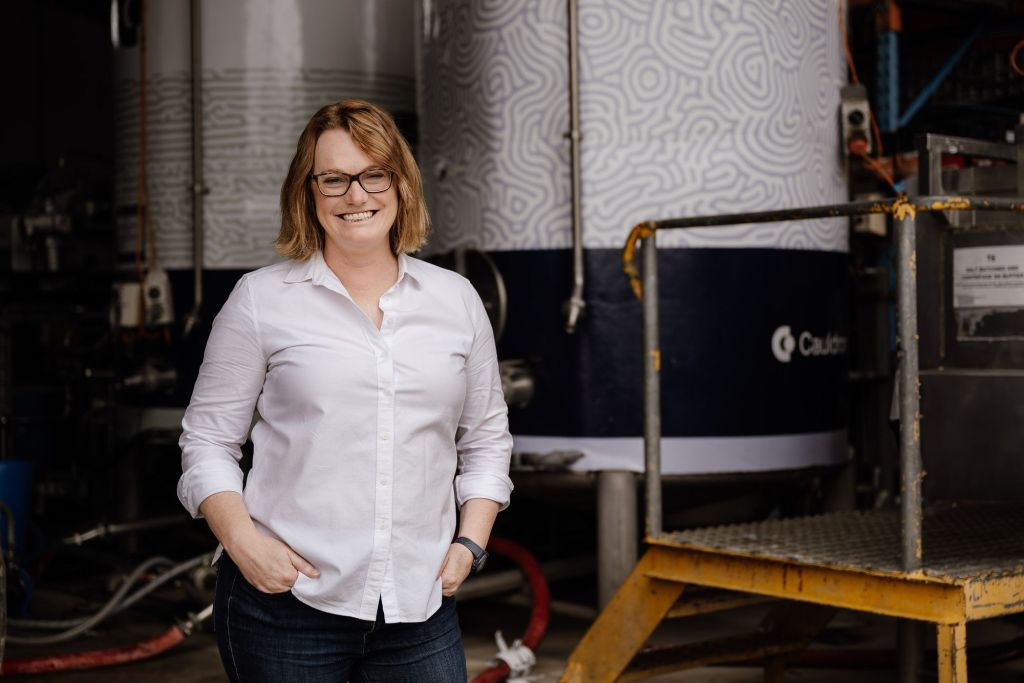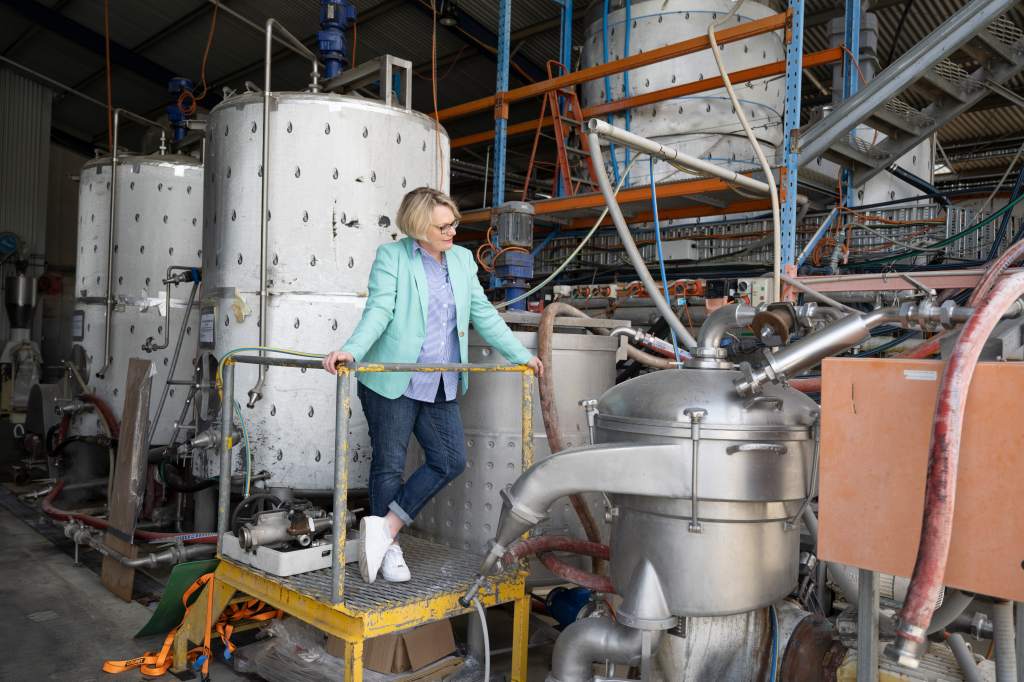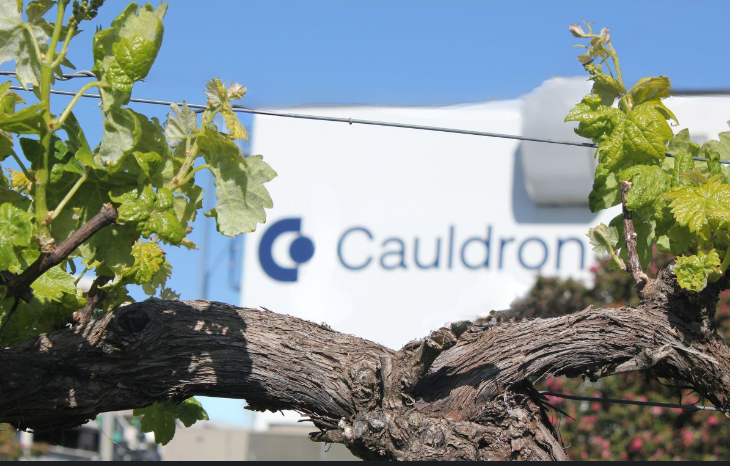Australian precision fermentation company Cauldron announced it has closed a $9.5m Series A funding round to scale its hyper-fermentation technology.
The latest raise – led by Horizons Ventures, with SOSV and In-Q-Tel (IQT) joining existing investor Main Sequence – brings Cauldron’s total funding to $20m. Cauldron says the new funding will support faster than expected customer growth, allow it to build robust proof cases for its “hyper-fermentation” technology, and finalise partners and plans for a 500,000 litre facility.
Precision fermentation combines the process of traditional fermentation with the latest biotechnology to efficiently produce materials such as dairy proteins or fats.
Solving the short-term production problem
Cauldron claims that its hyper-fermentation uses a novel bioreactor design and proprietary growth medium formulation to make large scale production five times more economic than the current industry model of short-term “batch” production.
The compay’s hyper-fermentation technology recently received regulatory approval to produce limited scale production trials of protein ingredients up to 10,000 litre batches. Granted by the Office of the Gene Technology Regulator (OGTR), the license marked a first for the Australia novel foods sector.
Cauldron says it has successfully run a 10,000 litre production system continuously for over eight months without contamination or “genetic drift” of the microbes—two of the biggest challenges in running long-term fermentation.
“The OGTR licence allows us to prove our tech at an industrially relevant scale in our current 25,000L facility,” Cauldron CEO and co-founder, Michele Stansfield told Future Alternative.
“With the results coming from our tech team, we believe the rate limiting step to cost parity will be building hyper-fermentation factories. Unlike batch fermentation, we won’t need any huge technical leaps (such as twofold improvement in strain productivity) to reach price parity.”
Stansfield said that Cauldron’s process unlocks a 30 to 50% descrease in the cost of goods for the company’s customers compared to traditional batch fermentation.

Chis Liu of Horizons Ventures said: “To date, [precision fermentation] technology has been hamstrung by its costs compared to conventional production methods, but Cauldron’s unique solution significantly improves the competitiveness of precision fermentation both in capital and operating expenditure.”
Po Bronson, SOSV GP & IndieBio Managing Director echoed Liu’s remarks, noting how the technology’s ability to continuously produce results in 20% more output with 45% less capex.
Meanwhile, Olivia Jones, Director at US-based not-for-profit VC firm IQT, described Cauldron’s ability to produce food and proteins on an industrial scale as “game changing.”
Stansfield helped develop Cauldron’s proprietary technology while serving as general manager at Agritechnology, which had been researching and developing continuous fermentation systems for Australian agriculture for 35 years. Cauldron acquired Agritechnology’s precision fermentation IP through its 2023 seed round with the aim of commercialising and scaling the technology globally.
Cauldron said it is already working with overseas commercial partners across sectors at its existing 25,000-litre facility in Orange, New South Wales, its long term plan being to build hyper-fermentation plants across the globe.
“It gives us confidence to rapidly erect our smaller, smarter facilities knowing we have a credible regulatory path,” Stansfield told Future Alternative. “Scaling out – not up – puts us at the front of the pack.”

Pushing Australian novel foods forward
CEO of alternative proteins think tank Food Frontier, Dr Simon Eassom, referred to Cauldron’s fund raise as an important development in one of Australia’s newest food industries.
“This development is not a new project or R&D experiment, it is a pathway to market success for Australia’s precision fermentation food companies who have needed access to larger facilities,” Dr Eassom said. “This not only opens the door for Australian food ingredient manufacturers, but also opens the door for Australia to exploit brand new industry growth and become a world-leader in the precision fermentation field.”

Food Frontier said Cauldron’s raise will enable them to accelerate their model of co-manufacturing and therefore accelerate the growth of other precision fermentation companies to reach commercial scale. The think tank also said the new infrastructure will help to realise the $1.45b by 2030 market value forecast for precision fermentation made by Australia’s national science agency CSIRO.
There are currently five companies working on precision fermentation food in Australia, four producing dairy proteins and one is producing fats. Food Frontier notes that if Australia has enough capability and capacity, international manufacturers will have the option of sourcing ingredients from Australia.
To stay up-to-date on the latest industry headlines, sign up to Future Alternative’s enewsletter.
Posted on:



Insightful article.